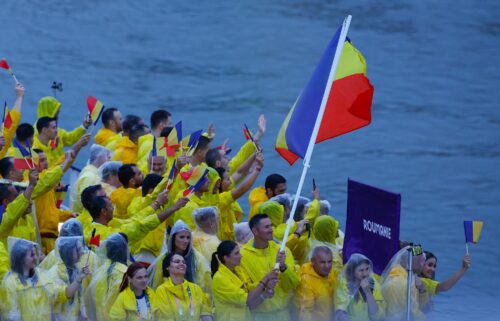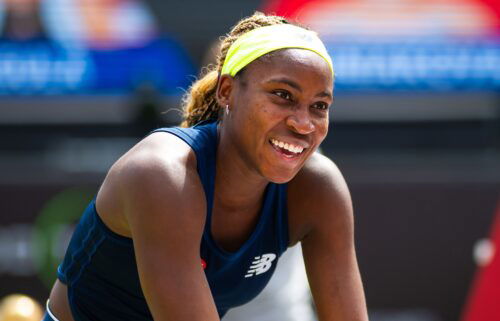Siya Kolisi: Shock defeat by Japan ‘has been with us for four years’
Much has changed since South Africa’s shock defeat by Japan at the 2015 Rugby World Cup, but the Springboks’ scars from that day in Brighton have never completely healed.
Siya Kolisi, a second-half substitute back then but now the Springboks’ captain, is praying history won’t repeat itself as the two sides meet again on Japanese soil this Sunday.
That defeat, says Kolisi, “has been with us for four years.”
The sides have met just once between the 2015 and 2019 tournaments with South Africa comfortably winning 41-7 in Kumagaya last month.
The stakes will undoubtedly be higher in Tokyo this weekend as the Brave Blossoms, so impressive during the group stages, will be contesting their first ever quarterfinal having swept past their first four World Cup opponents in style.
“I think after (the victory in 2015) they just got better and better and I think the team right now is much better than the team we played against then,” Kolisi tells CNN’s Christina Macfarlane.
“When we got to play against them in the warm up game it was good to put that to bed … Now we have to meet them again. It’s going to be a good match (but) obviously it’s going to be very different to the game we played in the warm up.”
READ: Japan a ‘formidable’ foe says South Africa coach
After victory over Scotland last weekend, Japan will hope to ride its wave of success further into this tournament. Rugby fever has gripped the nation with a peak audience of 50 million — more than half the country’s population — tuning in for the final group stage game.
That will likely be eclipsed this weekend as the Brave Blossoms search for a place in the final four. The two sides are likely to bring contrasting game plans — Japan known for its fast tempo and speedy try-scorers while South Africa will look to control proceedings with its big forward pack.
Indeed, South Africa’s forwards are an average of 10 kilograms per man heavier than Japan’s, something the Brave Blossoms have been preparing for by scrummaging against 10 rather than eight men in training this week.
“We’ve got backs that can match them for speed but obviously we’ve got a big pack,” says Kolisi.
“The coaches made it quite obvious the route we’re going to take by picking six forwards on the bench (of eight). Japan don’t hide the way they play, they pride themselves on their fitness and we also don’t hide the way we play, we pride ourselves on our physicality.”
READ: The ‘small country at the bottom of the world’ that keeps rising to the top
After an opening loss to the All Blacks, South Africa comfortably beat Namibia, Canada and Italy to reach the quarterfinals.
A third title in Japan would see the Springboks draw level with New Zealand’s World Cup record. It would be an impressive turnaround for a team that languished at an all-time low of seventh in the world rankings last year.
Under coach Rassie Erasmus and Kolisi’s captaincy, the Springboks have climbed back towards the sport’s summit. Central to that, says Kolisi, has been fostering a strong team ethos.
“We work hard for one another and I don’t think anybody’s missed a training session in this team,” says the backrow forward.
“We’ve just been training and we’re honest and we know what we do on the field — that’s where we gain respect for one another.
“We understand that we’re here for a better cause. We want to make the Springboks proud, we want to make the team proud and the people of South Africa proud. We’re putting that first before our own needs.”
READ: The best off-field moments from the Rugby World Cup so far
Kolisi, who was raised by his grandma in a Port Elizabeth township, has had to overcome considerable adversity in order to become his country’s first black rugby captain. He’s by no means an anomaly in a Springboks team that brings together players of different social backgrounds.
“My story is out there and I think a lot of the guys in the team have similar stories,” he says.
“Not everyone comes from a nice life. We’ve all had to work hard and we know that about each other.
“I would have loved to have (my grandma) here and my mom and my aunt as well because they all played a big part. It’s like that with most people that came from the same environment as me.
“I know she’s watching and smiling down at me,” added Kolisi, referring to his grandma.
Kolisi’s family — his wife and two young kids — have arrived in Japan since the start of the tournament, and while his busy schedule means he can’t see them as much as he’d like, he says their presence has provided a boost.
“I put enough pressure on myself already. Whenever I see my kids, I remind myself this is why I’m doing this — and for many other people in South Africa as well.”


